Chief Constable: RUC had no warning before Shankill bomb
- Published

Nine Protestant civilians were killed in the IRA bomb attack
The Police Service of Northern Ireland's chief constable has dismissed claims that its predecessor, the RUC, had advanced warning of the Shankill bombing.
On Monday the police ombudsman confirmed it had received a complaint alleging that the RUC had information which would have allowed them to prevent the bombing.
It followed an Irish News report, external that the IRA leader who planned the 1993 Shankill bomb was working as a police informer.
Nine Protestant civilians were killed in the 1993 attack in Belfast, as well as one of the IRA bombers.
Responding to the claims at an event at Queen's University, Belfast, on Tuesday, George Hamilton said he was "100% convinced that the police service at the time had no knowledge of the Shankill bombing that could have prevented it".
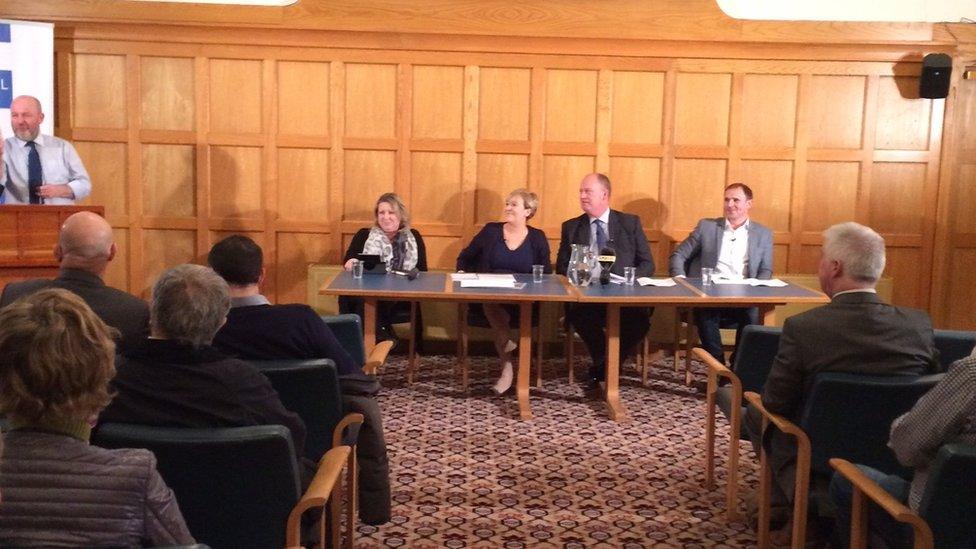
George Hamilton said he was "100% convinced" that the RUC had no knowledge of the Shankill bombing that could have prevented it
The Irish News said it had seen files stolen by the IRA from police special branch offices in Castlereagh on St Patrick's Day 2002.
It said the files had been decoded by IRA members.
This led them to discover the alleged informer's identity, the paper said.
At the same event, Mr Hamilton said he is not sure his officers will be able to deliver justice to victims of the Troubles.
He said that as time goes on, the likelihood of a criminal justice outcome "will be reduced".
His comments came as a major review of inquests is taking place into some of the most controversial killings of the Troubles.
There are 56 cases involving 97 deaths.
They include killings by police officers and soldiers, and others where there are allegations of state collusion.
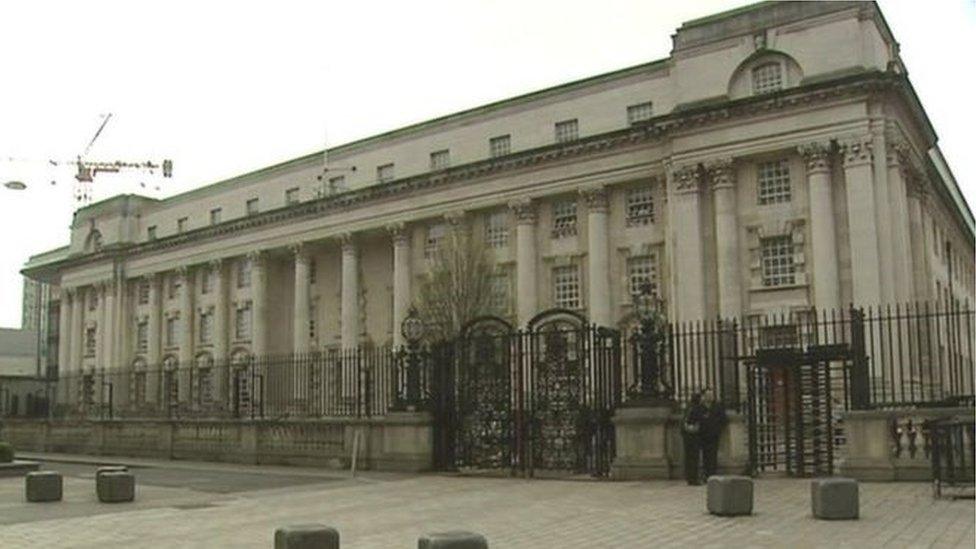
Lord Justice Weir, the presiding judge of the Coroners' Service, is spending two weeks conducting a major review of inquests into killings of the Troubles
Lord Justice Weir, the presiding judge of the Coroners' Service, is spending two weeks conducting preliminary hearings to assess the state of readiness of each case.
'Mess'
Pointing the finger at Stormont politicians for failing to address Troubles legacy issues, Mr Hamilton said dealing with past cases "saps the energy out of the peace process".
"It drains the energy out of the progressive elements on all sides," he said.
He claimed that the PSNI's current infrastructure is inadequate to deal with the sheer weight of material under examination.
"When you get a tsunami of requests coming in from the courts through judicial reviews, the coronial system and other challenges - and every single one of those is a compelling case and it's got legal weight behind it and judicial authority - for us to do this, actually, the whole organisation is going to ground to a halt and that is the mess that we are in," Mr Hamilton said.
He added that as witnesses pass on and exhibits go missing, the prospects of justice for victims will be diminished.
"I'm not sure we can deliver it," he said.
- Published25 January 2016

- Published23 October 2013
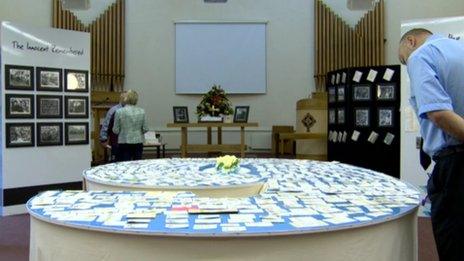
- Published18 January 2016
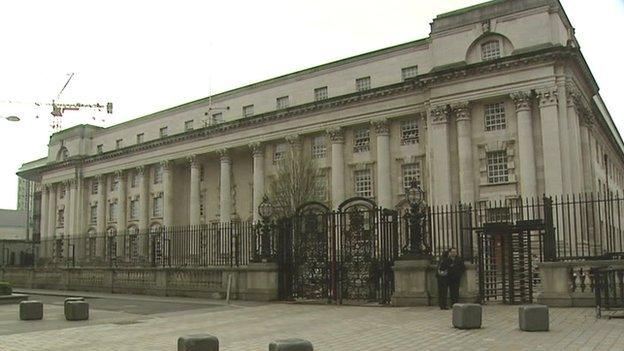
- Published19 January 2016

- Published18 May 2015
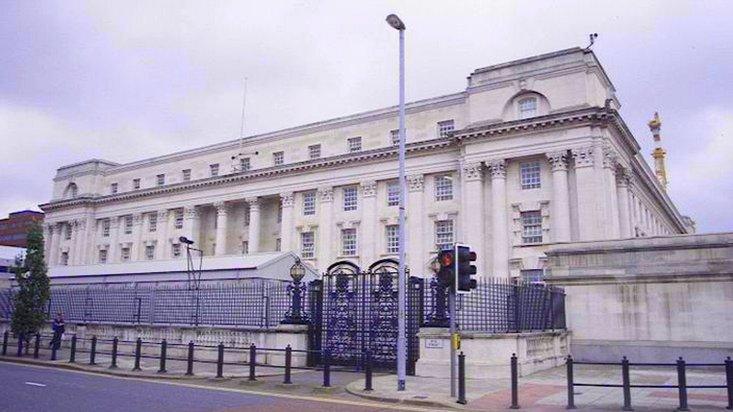
- Published18 January 2016
